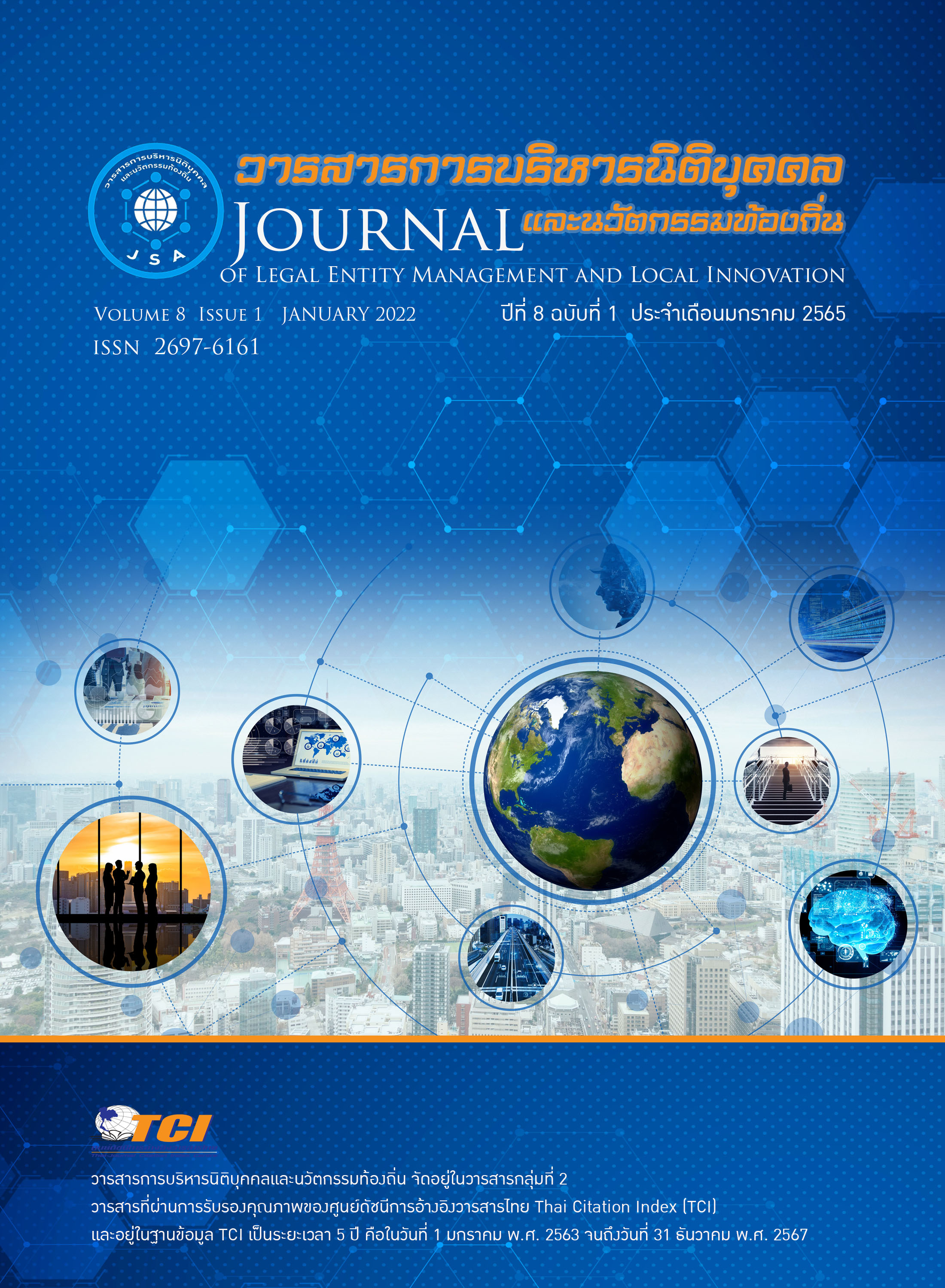The Effect of the Experience of Thai Folk Games Promote Social Behavior for Early Childhood
Keywords:
Thai folk games, Social behavior, Early ChildhoodAbstract
The purpose of this research 1) to study the social behavior of early childhood children before and after organizing a Thai folk play experience. 2) To compare the social behavior of early childhood, classified by each aspect. The sample group used in this research is male and female preschool children aged 5-6 who are studying in Kindergarten Level 2, Semester 2, Academic Year 2020.The School of Valaya Alongkorn Rajabhat University Under royal patronage Khlong Luang District Pathumthani Province, 24 people. It took 12 weeks to research. The tools used in this research include Traditional Thai Games Experience Plan And the observational social behavior model of early childhood. This research uses a single group of experimental patterns that are tested before and after the experiment. Data analysis by finding averages Standard deviation and independent sample t-test. The results show that 1) Early childhood had higher social behavior after a local play experience than before the experience. With statistical significance at the .05 level. 2) The results of comparison of early childhood social behavior. It was found that the self-control behavior had the mean of 7.91 ( = 7.88), and the assistance behavior was the mean. 5.87 ( = 7.83), the cooperation behavior was 7.75 ( = 7.83), respectively.


